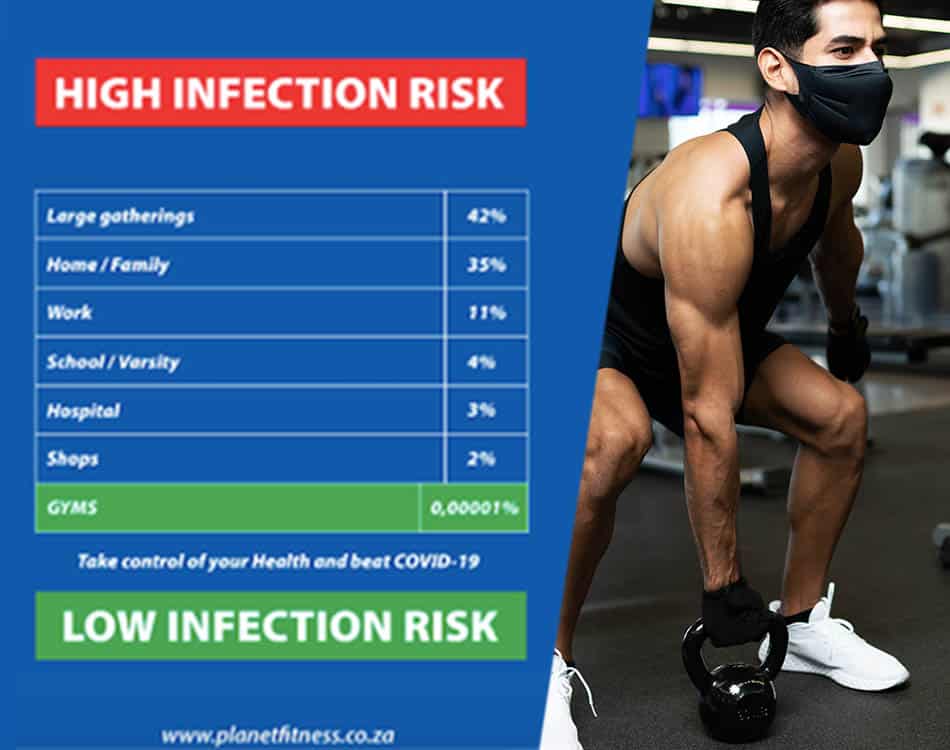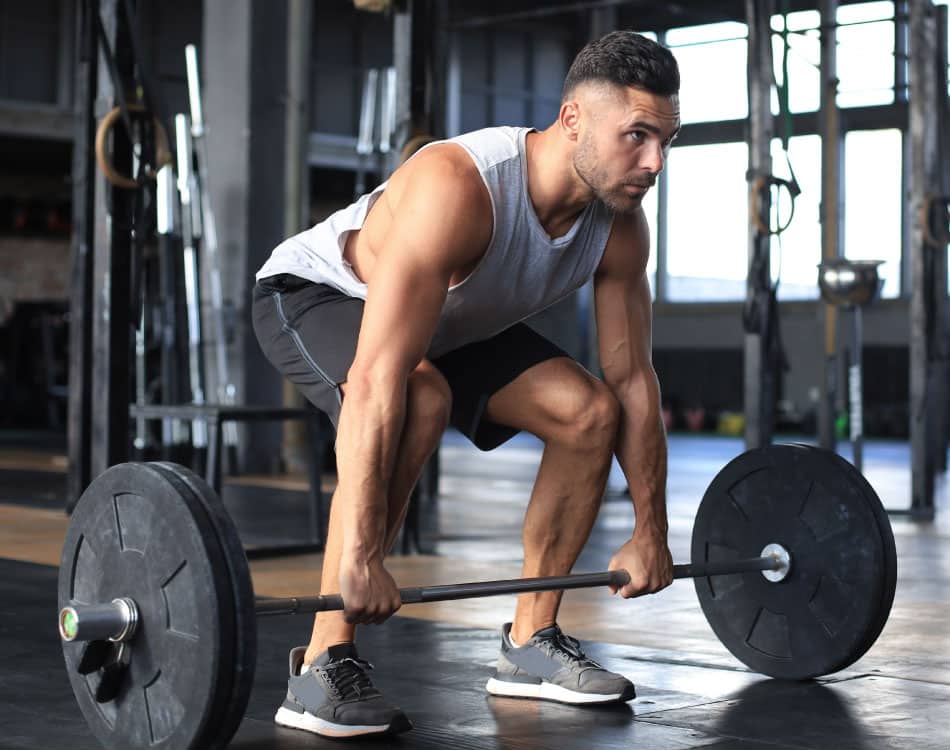There is an assumption that health and fitness clubs may be a high-risk environment for COVID-19 infections.
While no-one can completely eliminate the risk of COVID-19 in fitness centres – or anywhere in society – new evidence suggests that health clubs are not primary drivers of transmission and that the exercise and social support they provide are vital to health and wellbeing.
READ MORE: Gym and the coronavirus – training amid a global health pandemic
Not hotspots
Global data has emerged showing that health clubs are not hotspots for COVID-19. In fact, transmission in gyms is rare, based on the research findings.
New results gathered for the global fitness industry by the International Health, Racquet & Sportsclub Association (IHRSA), affirms that health clubs are not unique hotspots for coronavirus transmission as rates are low.
READ MORE: Fitbit adds features to help you navigate the COVID-19 outbreak
Local figures
In South Africa, a similarly positive picture has emerged. Research from Planet Fitness South Africa reviewed data fusing 2.7-million check-ins at the chain’s 47 clubs across the country. The findings correspond with other research conducted around the world.
“South Africa is seeing the same trend as the UK, Australia and the United States, which shows that with high levels of sanitation, constant communication, new behaviours, protocols and risk mitigation in place, health and fitness clubs are safe and low risk for contracting COVID-19,” says Gillian Elson of Planet Fitness SA, which services over 250 000 members across the country.
Global trends
This aligns with data from the USA, where the most extensive research sampling was collected.
The study captured 49.4-million member check-ins across 2,873 fitness facilities. The resultant analysis found that there was a 0.0023% infection rate and none of the cases led to community transmission.
In the same study, the United Kingdom collected data from over 8 million member check-ins. While 17 cases of COVID-19 were reported, contraction did not happen at any of the 1,300 fitness facilities in the study.
In Australia, researchers gathered over 6.26 million check-ins from 423 gyms and fitness facilities. While the data shows 13 cases of COVID-19 during this period, there have been zero reported community transmission cases.
READ MORE: Fitbit users renewed focus on health amid COVID-19, research reveals
High-risk environments
In contrast, a recent study by SA Disaster Management authorities in the Eastern Cape found that people were more likely to test positive for COVID-19 at large gatherings and that transmissions from gyms were 0,00001%.
In South Africa, large gatherings are reported to produce the highest risk of infection at 42%, followed by homes and family (35%), and shops at only 2%.
Gym protocols
The various levels of lockdown compliance locally have meant that South African gyms have had to reduce the number of members working out at any one time since September last year.
“We have been consistent with our message since the very start of the pandemic – and in the absence of a current vaccine, exercise is vital to build immune systems – it is part of the solution to taking control of your health and beating COVID-19,” says Elson.
“We have been consistent in staying ahead of worldwide health and safety compliance so that we can help our community to fight this ever-changing virus through fitness at gym – or at home.”
READ MORE: Loyal Dis-Chem customers get even more value from their Planet Fitness gym membership















